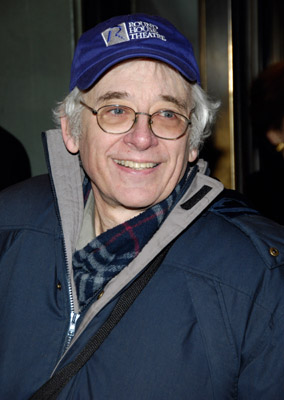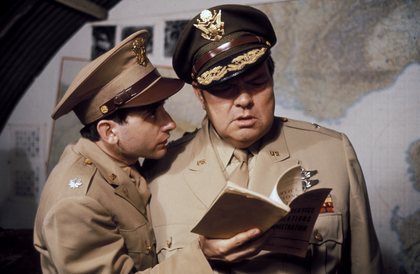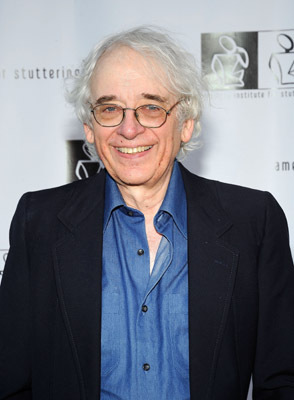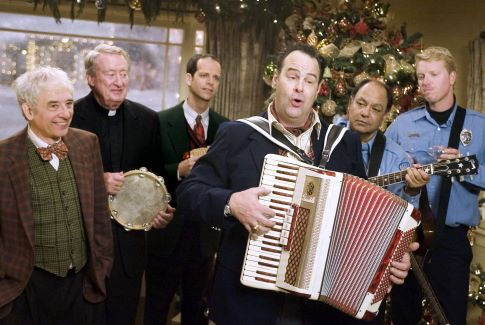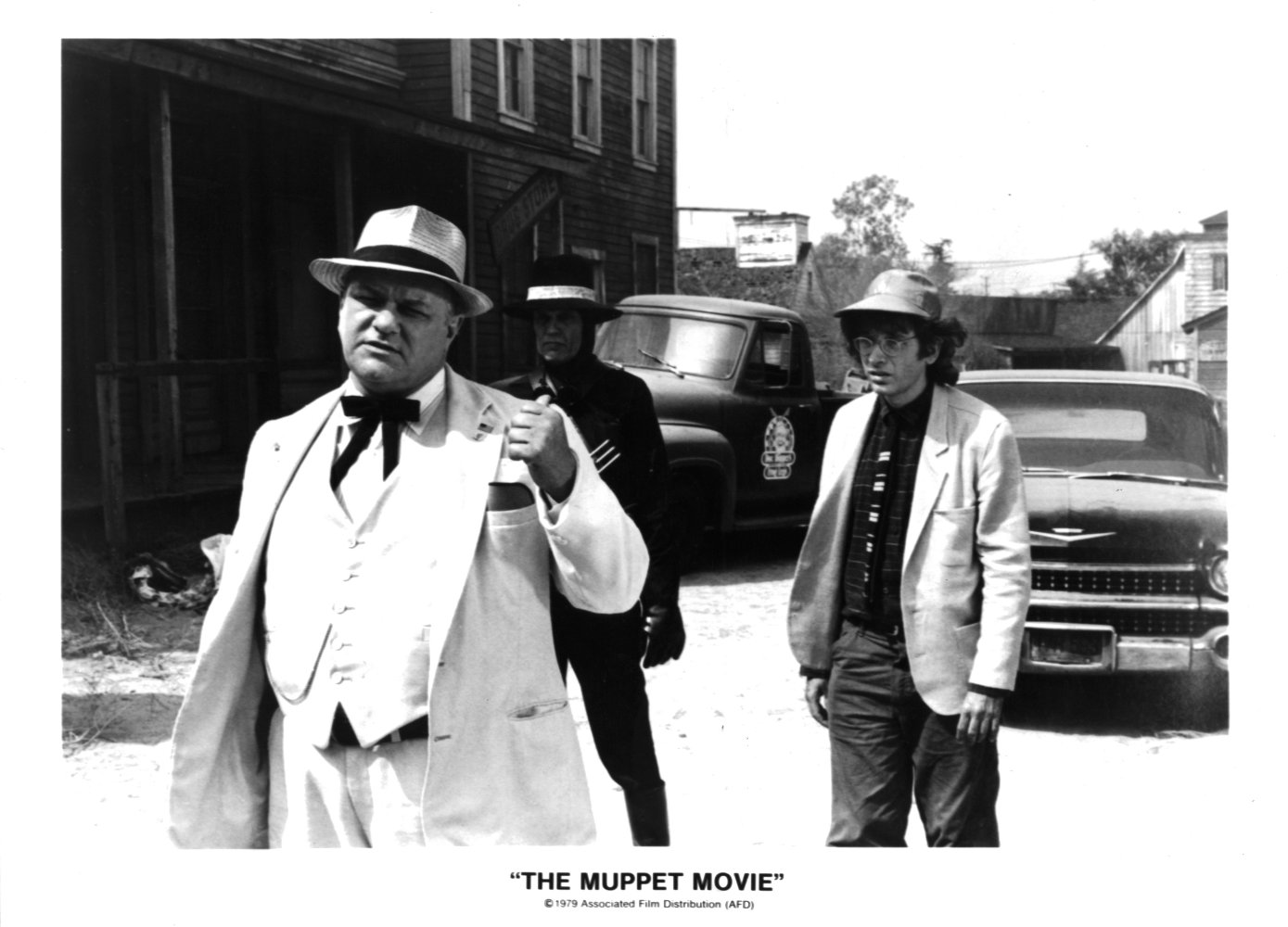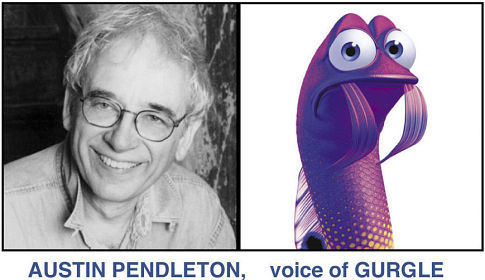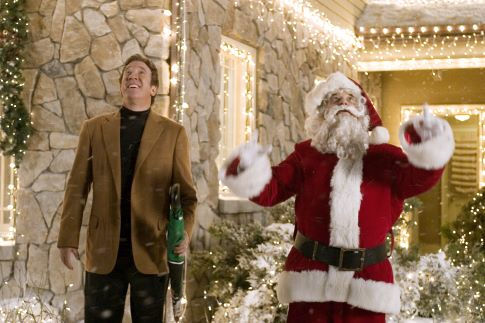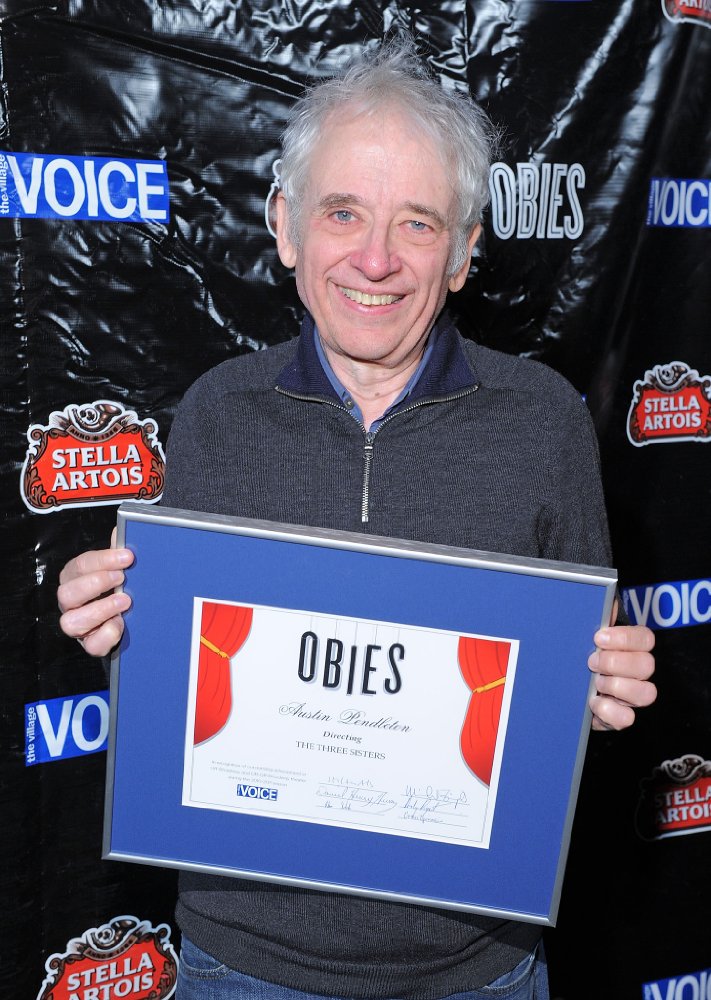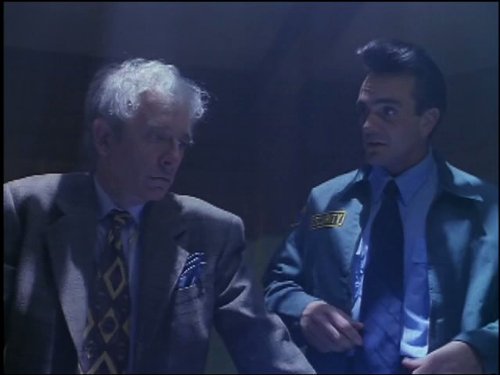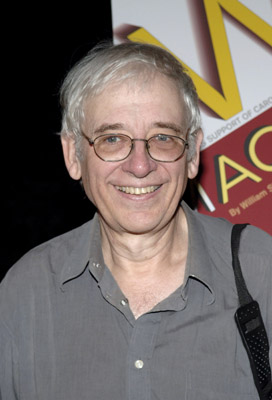
Austin Pendleton
Birthday: 27 March 1940, Warren, Ohio, USA
Actor Austin Pendleton was born March 27, 1940 in Warren, Ohio to Frances and Thorn Pendleton. He graduated from Yale University. He later became an ensemble member of the Steppenwolf Theater in Chica ...Show More

(2009, on landing Lovely by Surprise (2007)) They offered me another part in it, the part of the car Show more
(2009, on landing Lovely by Surprise (2007)) They offered me another part in it, the part of the car dealer. I actually think that Richard Masur, who plays that part, is one of the best things in it. But I read this script and I really liked it. I said, "I will take that part you want me to play, but I'll only take it if you let me audition for this part of the professor". I said to my agent that they were probably going for a Frank Langella, who is a friend of mine. So my agent called back and said they had, as a matter of fact, offered it to Frank Langella. I said, "Don't tell them this, but I'm pretty sure he would turn this down. If by any chance Frank turns it down, I would like to read for it. And if I don't get the part, then I'll play the part they've offered me, because I would like to be in the movie". They were kind of reluctant about that. So then after a week or two, Frank did turn it down. They [told me] they had somebody else in mind. So I told them, if they're ever not sure and they're in a moment when they don't have an absolute offer, just let me read for it. That's all I was asking. So finally, they said, "Okay. All right. You can come in on Friday. But you should know we have someone else in mind". I just said "Fine. I just want to read for it". And so I went in. And the director - who is a very sweet guy, but is the kind where you never know what he's thinking when you're talking to him, if you know what I mean - well, he became openly excited during the reading. It's the only time I ever really saw him like that. He couldn't believe it. And I thought, "Why don't I do this more often? Why don't I just insist on reading for things that people don't want me to read for?" And he was just blown away. He started jumping up and down, and he's like, "Are you sure you're available for this?" So that was how I got that part. It's a beautiful part. It's different from anything I've ever played before, on film, anyway. And I just thought it would be fun. Hide
(2009, on Trial And Error) That was the last of the films I did with Jonathan Lynn, the first of whi Show more
(2009, on Trial And Error) That was the last of the films I did with Jonathan Lynn, the first of which was My Cousin Vinny. Yeah. That was great. There wasn't anything about that experience that wasn't great. It's a great part. He's a good director. Loves actors who are fabulous. I love the movie. I don't know why it wasn't a bigger success. Everything about that experience was terrific. Hide
(2009, on Mr. & Mrs. Bridge (1990)) That's my favorite movie that I've been in. Everything about Show more
(2009, on Mr. & Mrs. Bridge (1990)) That's my favorite movie that I've been in. Everything about it. First of all, the movie itself. Secondly, the experience of doing it. That afternoon, acting with Joanne Woodward in that scene in her living room is the best four hours I've ever had working on-no, it was eight hours, because James Ivory is a very meticulous director. It was, I think, the best time I ever had on a movie set. First of all, she's just a great actress. But also, just the way Jim Ivory allowed that scene, the way he edged it along, that's the happiest I've ever been in a movie. And I think the movie, itself, is essentially flawless. I think it utterly does completely what it was trying to do. And their two performances are just brilliant. And with the exception of a couple of indies I've made recently, it's the work of mine I had the least amount of discomfort watching. Paul Newman was the ultimate sweet fellow. I didn't have anything opposite him in that film, but I'd known him slightly before that. He was just the nicest person you've ever met. He was very funny and thoughtful, and when you had a conversation with him, it was an actual conversation. He never in my presence uttered an uninteresting word. He was just fascinating. His outlook on things. And he was famously generous. Hide
(2000, on making My Cousin Vinny) Oh God. Oh Jesus. That was rough. I desperately didn't want to do Show more
(2000, on making My Cousin Vinny) Oh God. Oh Jesus. That was rough. I desperately didn't want to do that. When I was an adolescent, I had a terrible problem with my speech. Terrible stammer. And I loved the way they used that in the script. I thought the script was wonderful, and I thought the idea of having a public defender who couldn't talk and was blissfully unaware of his shortcoming was... Well, I just didn't want to do it. The director was an old friend of mine. I'd met him in London. He played the part I had originated in Fiddler On The Roof; he played it in a London production. So we got to know each other, and by the time My Cousin Vinny came along, it was 25 years later or something. I said, "John, I just can't do this." But he had to come to New York anyway, so he took me to a Greek restaurant and we emptied two bottles of wine and had a great meal, and I agreed to do it. But of course, I thought, "That film is not going to be that popular. It's a terrific script, and it's going to be one of those offbeat comedies that a few people really like." And he's a good director, Jonathan [Lynn]. The dirty secret in the business for years has been, I have a little trouble with [speaking]. I'm essentially over it, but it's there; you don't ever totally get rid of it. And everybody kind of understands that, and we proceed as if it weren't true. Now I play this part and he said, "Don't worry about it. Furthermore, the very reason is that because you have this history, no other actor could do it as well." I said, "Oh. Okay." So of course I did it, and it turned into this huge hit. And the result of course is that I couldn't get work in the movies for three years after it...I could not get a job with anyone who had never worked with me. They would all but tell me it was because of My Cousin Vinny. I said, "I can get through a whole movie without stuttering." But they said, "Now the whole audience is going to want you to stutter." And Jonathan got so guilty about that that he proceeded to cast me in three more movies. He was so distraught by that happening. He felt very bad about it. And I said, "Well, you didn't put a gun to my head, Jonathan. You don't have to feel guilty." But he was like, "Yeah, this is what you said would happen." Well, actually, it's the industry's fault; they're being stupid. So we shouldn't feel guilty or strange about this. But then all those films I made in the mid-'90s were not hits. So there began a long period of just making indie films, some of which have not been theatrically released. The exception being A Beautiful Mind. Hide
(2009, on The Front Page (1974)) That was wonderful. Billy Wilder just offered me the part. I hadn't Show more
(2009, on The Front Page (1974)) That was wonderful. Billy Wilder just offered me the part. I hadn't even met him. He'd seen me, I guess, in some plays, and he wanted me for that. And in fact, I had to leave a play in the middle of a run to go and do the film. I arrived on the set, and we started to do a scene, and he said, "Austin, I respect you too highly to print that take". That was the way he would tell me he's unhappy. The whole shoot was like that. He and Jack Lemmon and Walter Matthau weren't getting along. And both Jack and Walter said independently of each other: "We're never gonna work with him again". Well, they did. I asked why, and they said he was just impossible. I didn't see that. But of course I had no previous experience. He was being very sweet to me. He wouldn't print anything until he was happy with it, but he was very encouraging. And I got to know Carol Burnett, which was wonderful. Hide
All the comedies I've done have been hard to film. Film is an anomalous environment for it because y Show more
All the comedies I've done have been hard to film. Film is an anomalous environment for it because you don't know whether they're gonna laugh or not. So you're doing this stuff in total silence. Also comedy is hard to master. In theater when you do a comedy, you rehearse for a few weeks and you begin to feel the rhythm. In film it's an arbitrary rhythm usually that has to look like a truthful one to work. It's very pressured and difficult. I'm not complaining, I've been in some of the best comedies ever made. But I have never been on the set for a comedy where you don't feel like you were in trouble all the time. This is true of bad comedies I've been in and the good ones. You're just exhausted. Hide
(2009, on filming Catch-22 (1970)) That was just two weeks, because everything I had was with Orson Show more
(2009, on filming Catch-22 (1970)) That was just two weeks, because everything I had was with Orson Welles, and he only agreed to be there for two weeks. So you just had to work around that. But, of course, he did everything he could to sabotage those two weeks. He was a pill. But he was also, of course, irresistible. So the whole recollection I have of that is how tense everybody was. Everybody thought the movie was going down the tubes, which I don't think was true. Catch-22 I think is brilliant, but on the set it was, every day, this feeling of "This is not working. Shit". They would take a scene they had shot two weeks before and spend a whole day re-shooting it because it looked so uninteresting to them. That would happen a lot on that film. And we were all away somewhere in the desert in Mexico, and we were almost the only ones at the hotel; it was off-season. It was just a very unhappy atmosphere. And then Orson made things very difficult. I think he wished he were directing it. He'd been trying to get the rights ever since the book came out, which had been six or seven years before this. And he really didn't like that it was Mike Nichols' movie. And we would rehearse a scene and be about to shoot it, and Orson would say - in front of everybody - "Mike, we can't shoot it this way". And you could see in Mike's face, Orson's not going to let the scene be shot unless he re-directs it and makes it worse. The scenes that Mike directed, those scenes are exactly what Mike does best, and he would have directed them brilliantly; Orson would turn it all into clichés. Now, the scenes are so well-written, and the actors are so good in them that it kind of comes across anyway. I mean, Orson wasn't able to fully have his way, just because of the sheer quality of the thing. But if those scenes had been filmed the way Mike directed them, I think the film would have been far better received when it first came out. Now that's a film that over the years has been more and more appreciated. But I think that Mike - I still see in interviews with him, he still reviles it. He was shattered when it wasn't well-received. Hide
(2009, on The Muppet Movie (1979) and landing Starting Over (1979)) That was just after I'd had, as Show more
(2009, on The Muppet Movie (1979) and landing Starting Over (1979)) That was just after I'd had, as an actor in New York, a disastrous season on the stage, where every role I played... I went from being one of the highly praised actors in New York to the most reviled in a period of three months. There were reviews that were actually advising me to leave the profession. It was like free-fall. And indeed, for years after that, I couldn't get a job in a play in New York. But then they began to happen again. I just didn't know it could happen that quickly. I thought every actor goes through ups and downs, but this, I was like hiding under the sofa. And in the middle of this comes this call for The Muppet Movie, and by this point, I was so depressed. I read it and it was sort of a nowhere little part, from the script I read. So I said to my agent, "I'm turning this down." And she said, "Dear, it's a movie. You could use this." It was just that I had played some really good parts in movies, and I didn't want to play this part. I wanted to wait. And then the director, his name was Jim Frawley, called me at home and asked what my problem was. I told him "The part doesn't do anything; he doesn't go anywhere. He just drives the car and occasionally makes some offhand remark about it." I told him I'd just had a rough time and I didn't want to do that. He said, "I know you've had a rough time. I've been following it." And his tone was "You really better do this." And I told him I heard him; I did hear him. But I said I wasn't up to it right then. So then he called me in about a week and said he'd added a lot to my part; he'd given him a whole arc. I said, "That's very kind of you." Then he said, "Now will you do it?" And he described how he'd built the role. So I said okay. It would have been just plain rude if I didn't. That was a very unhappy set, because Jim was very unhappy directing that movie. And I noticed that was the only time the Muppet people used an outside person to direct a Muppet movie. They never did that again. After that, it was either Jim Henson or Frank Oz. And I would have liked to have been in one of those, because those sets were very harmonious. But this was not. All my scenes were with Charlie Durning, whom I already knew, because he had a part in Fiddler On The Roof when I was in it, but his part got eliminated out of town. We got to know each other during that. And now of course he's having quite a film career. So at the L.A. airport, just after we were through with The Muppet Movie, on my way back to New York, I called Charlie from the airport and said, "I loved working with you, and I don't know how I would have gotten through that movie without you." Just hanging out with him really pulled it together for me. He said, "Well, we can hang out some more, because I'm about to go to New York and do a film." I asked what, and he said, "An Alan J. Pakula film." I said, "Oh fuck, you lucky dog." And so he said he'd get me into the film, and he did. It was that Alan Pakula movie with Burt Reynolds (Starting Over). I had to audition for Alan, but I got the audition because of Charlie. So that's what The Muppet Movie led to. I got a call to come in and meet Alan again at the end of the day, because he wanted to have a long talk. He said he wasn't going to have me read again, but he didn't understand why I wanted to be in the film. I said, "What do you mean?" And he said he didn't think it was my kind of material. "In what way?" He said, "This is like a regular human being in life." And I said, "Oh, well, I think maybe I can do that." He said, "I don't know if you can. People enjoy you on film because you're like from some other place. And that would really hurt this film. Besides, it's not your gift. I don't know why you'd be interested in this." But he was saying all this very benignly. And he was taking the time to have this conversation with me. It didn't just come through my agent that they weren't going to use me, which is what usually happens. So he asked why I wanted to be in it, and I said, "First of all, I love the script, and I would like to play a part like that." Although the part did emerge pretty eccentric. But underneath that there was another reason, and I said, "All The President's Men [which Pakula directed] has more good performances in it than any movie I've ever seen. That's why I want to be in this movie. I want to see what you do. I want to experience it." I thought since I was clearly not going to get the job anyway, I might as well say that. "I won't blow the part by being too manipulative, because I've already blown it, so I've got nothing to lose." And he said, "Oh, that's fair, and nice to hear." I said, "I understand if you don't want to cast me, although I do think I can do what you want, but that's the real reason: I just want to work with you." So then he called me in for another reading, this time with Burt Reynolds, and I got the part. But it turned out it was all because of one line-reading I did that they loved. But of course when it came time to shoot that scene, I couldn't reproduce that line-reading. I just couldn't do it, and I thought "Oh God, they cast this dude for one moment, and the guy can't do the moment anymore." He got openly worried about it, and finally I said, "Alan, I can't. I've lost it. I don't know. That was just an impulse in the reading. I don't even know where it came from. I'm trying to do it, but I can't do it." He finally said okay, but he was disappointed. But other than that, it was a great shoot. I loved that shoot. Hide
(2009, on Bad City) That's a great little movie. I play the villain in that. I play the worst human Show more
(2009, on Bad City) That's a great little movie. I play the villain in that. I play the worst human being you can possibly imagine. It's a very interesting little movie. I don't know why it never went theatrical. But it is on DVD, where it's had some success. Hide
I think every actor who's any good is the Method. Whether they know it or not. You either develop a Show more
I think every actor who's any good is the Method. Whether they know it or not. You either develop a capacity to believe what you're doing or you don't. And great actors who forswore the Method, John Gielgud, people like that, the man believes everything he's saying, so however he arrives at that, to me that's the Method. That's all it is, a technique to know what you're talking about and mean what you say. I don't make those distinctions. You get Marlon Brando and Vivien Leigh, two very different traditions of acting in a movie together and they both believe what they do. Hide
(2009, on making My Boyfriend's Back) That was directed by an old friend of mine, [Bob Balaban]. And Show more
(2009, on making My Boyfriend's Back) That was directed by an old friend of mine, [Bob Balaban]. And that film was ruined by Disney. That was a great script. And he's a wonderful director. Disney was sending him all these directions every day, having watched the dailies, and he would come up to me saying, "They're killing this movie." It was a very dark, weird, edgy, countercultural script, and they turned it into a-well, the original title was Johnny Zombie, so the change in title tells you everything. They blanded it out. And if you bland it out, there's really no reason to make that film. And he had all these ideas for it. Disney instructed him away from all of those. And that had such a great cast, oh my God. It was fun to do. But I only got that job because of Balaban. Hide
Austin Pendleton's FILMOGRAPHY
as Actor (204)
 Austin Pendleton'S roles
Austin Pendleton'S roles





